When choosing materials for outdoor projects like decking, fences, or siding, it’s essential to consider durability, especially in terms of resistance to rot. Not all woods are created equal in this regard, but some species naturally resist decay, making them ideal for outdoor use. Here are the eight best woods that naturally resist rot, helping you create long-lasting, beautiful structures.
1. Ipe
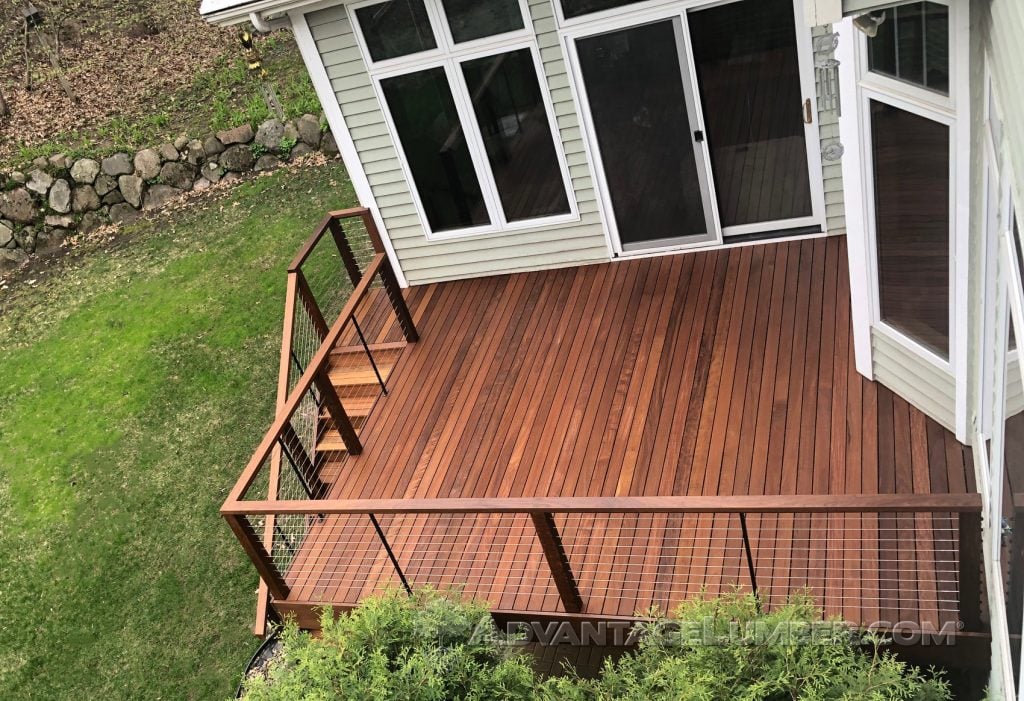
Often hailed as the king of hardwoods, Ipe is renowned for its exceptional durability and resistance to rot and insects. This Brazilian hardwood can last up to 75 years or more without preservatives. Its density makes it highly resistant to moisture absorption, a critical factor in preventing rot. Additionally, Ipe has natural oils that deter fungi and pests, further enhancing its lifespan. This wood is a top choice for decks, siding, and outdoor furniture.
2. Cumaru
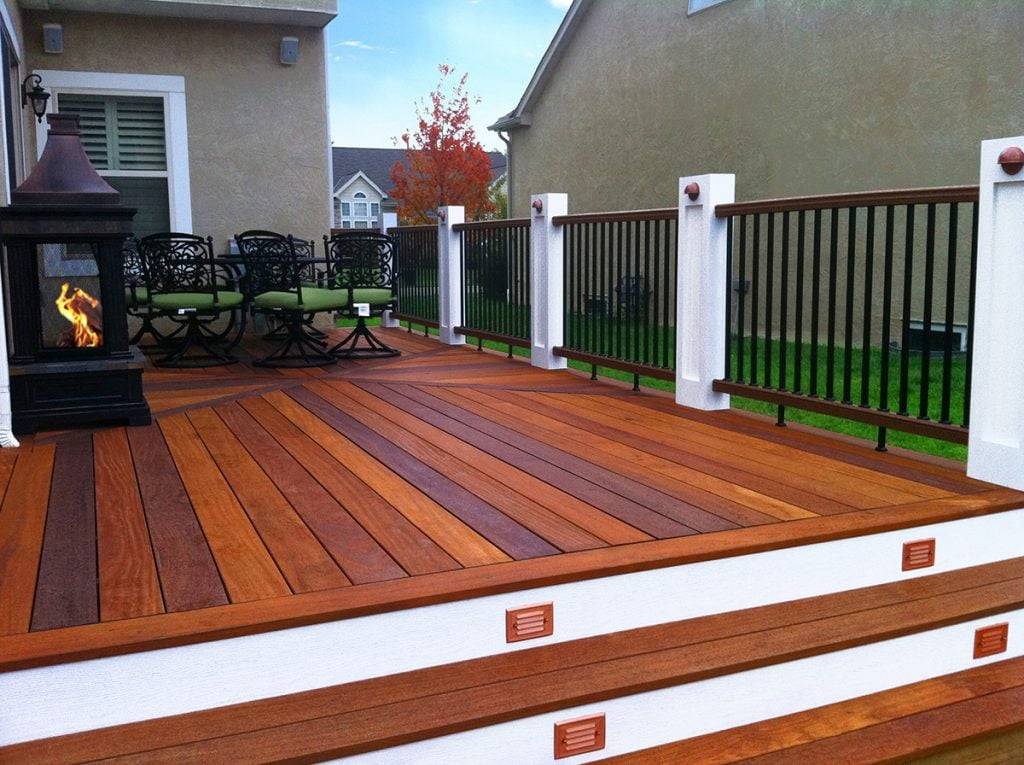
Cumaru, often referred to as Brazilian Teak, is another hardwood prized for its rot-resistant properties. Like Ipe, it has a dense grain structure that makes it nearly impervious to water penetration. Cumaru naturally resists insects, fungi, and decay, making it an ideal material for exterior applications such as decking or cladding. With a lifespan similar to Ipe, it’s a fantastic option for those looking for a long-lasting hardwood.
3. Tigerwood
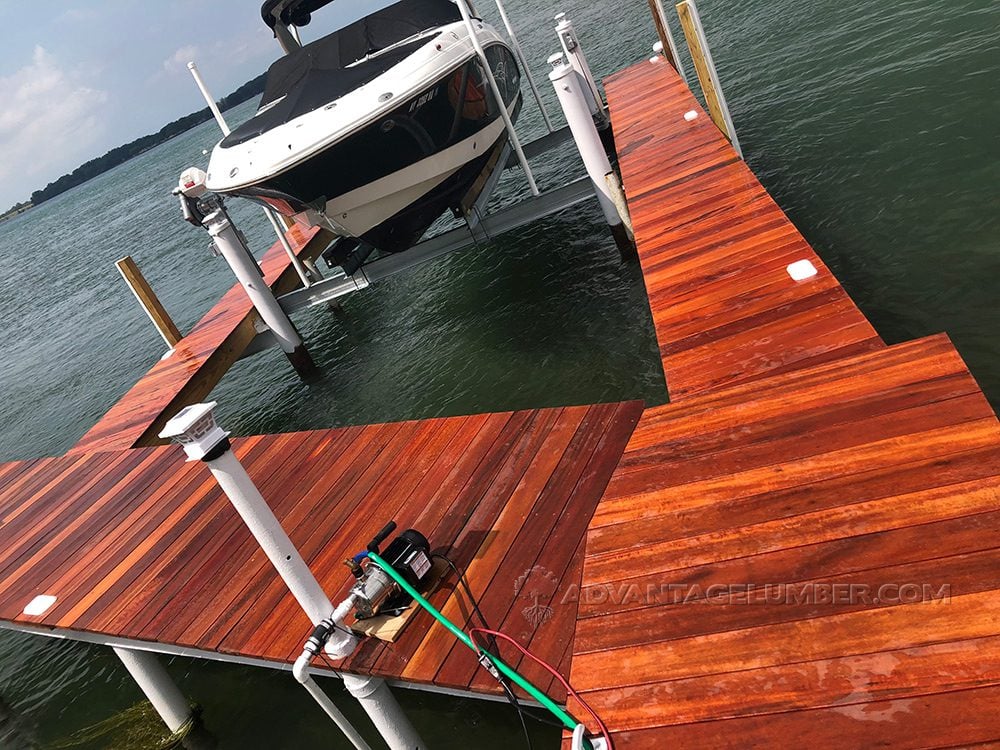
Known for its striking grain patterns, Tigerwood is not just a beautiful choice but also a durable one. This exotic hardwood is naturally resistant to rot, decay, and pests, making it a popular choice for outdoor decks and siding. Tigerwood has a lifespan of 30 years or more when maintained properly, and its natural oils give it an edge over other woods in resisting environmental elements.
4. Teak
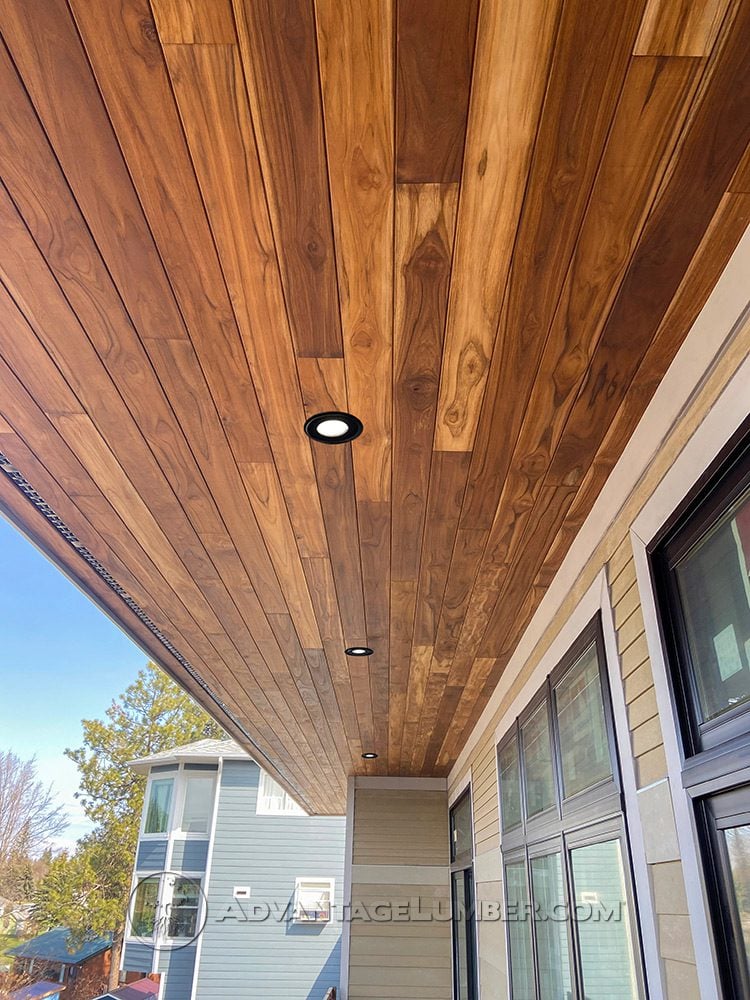
Teak has been a favorite in boat building and outdoor furniture for centuries due to its natural oils that repel water, rot, and insects. Teak’s ability to resist weathering makes it an excellent choice for outdoor projects in harsh climates. Though one of the pricier options, Teak’s durability and minimal maintenance needs make it a worthwhile investment for long-lasting outdoor structures.
5. Brazilian Redwood
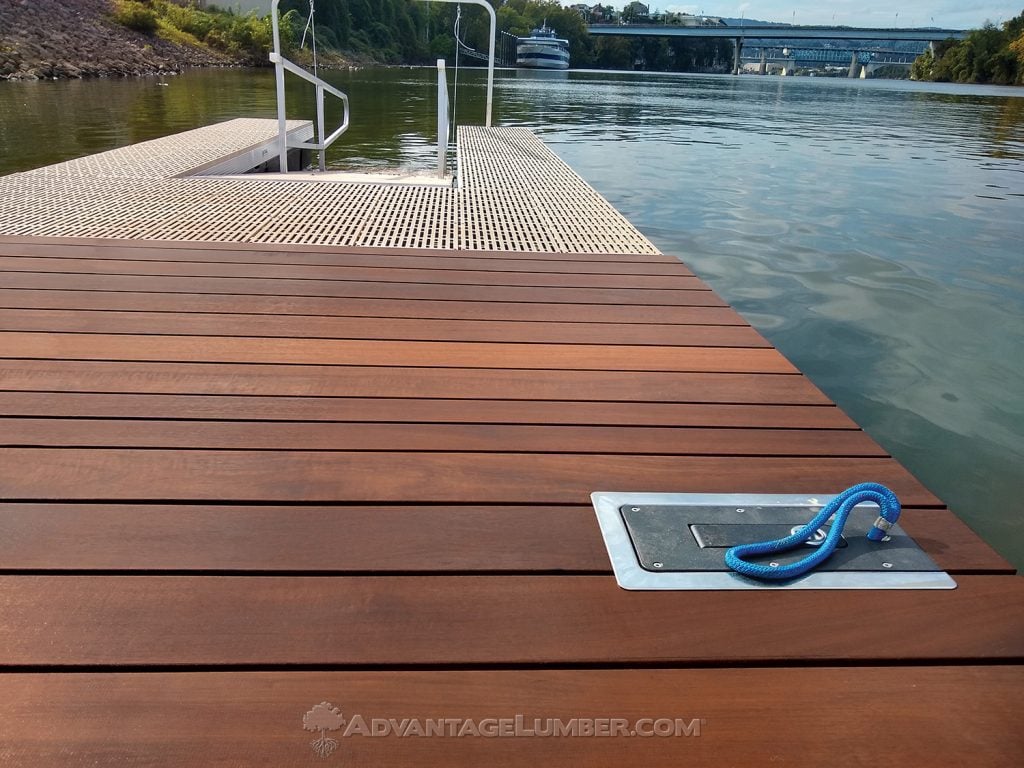
Brazilian Redwood, also known as Massaranduba, is an incredibly dense hardwood with high resistance to rot, insects, and fungal decay. This wood is often used in demanding environments like heavy traffic areas and commercial decking projects. Brazilian Redwood’s rich, red color makes it a visually striking choice, and its resilience ensures a lifespan of over 30 years when properly maintained.
6. Garapa
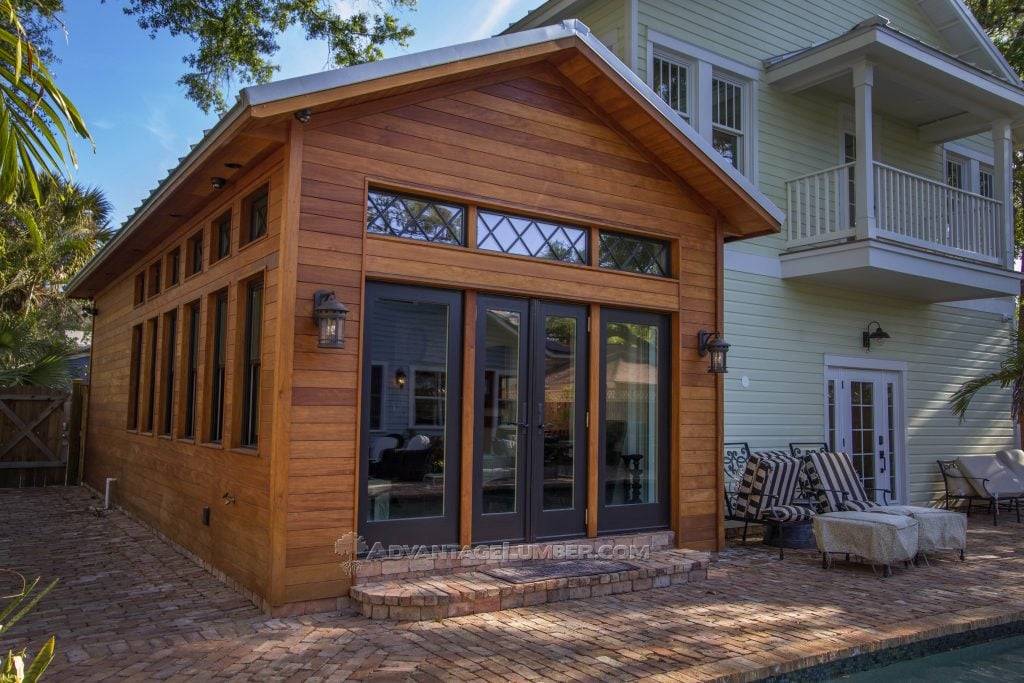
Garapa, often called Brazilian Ash, is another dense hardwood known for its resistance to rot and insects. It has a beautiful golden-yellow appearance that weathers to a silvery-gray over time. Garapa is less expensive than some of the other hardwoods on this list but still offers excellent durability for exterior applications like decking and siding. Its rot-resistant properties make it a great option for projects in wet or humid environments.
7. Mahogany
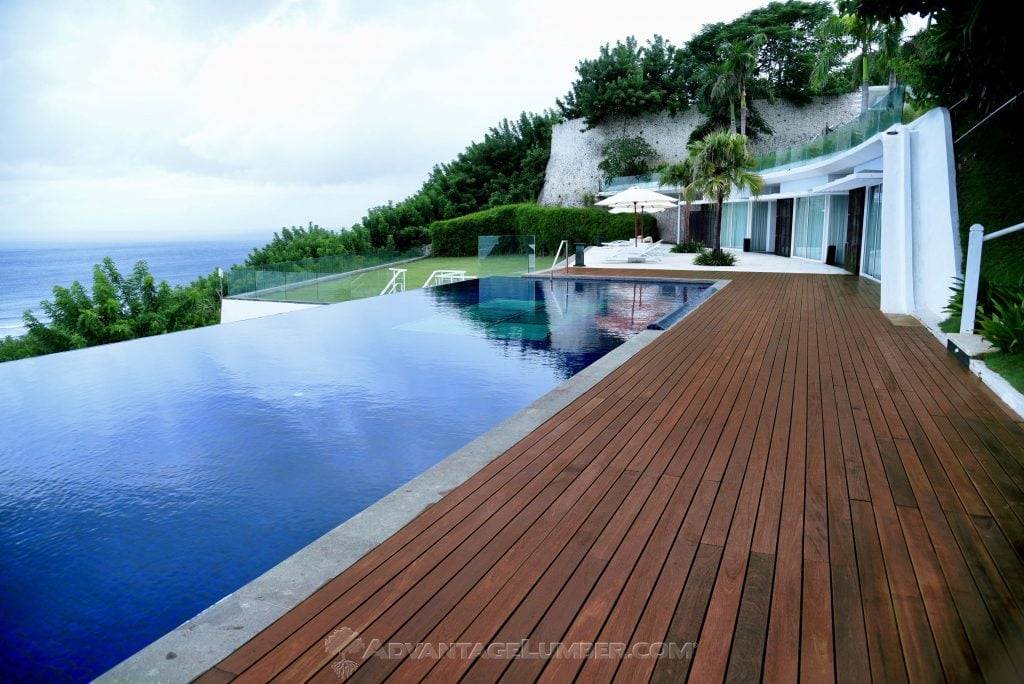
Mahogany offers a more affordable alternative to Teak while still providing good rot resistance. While not as dense as Ipe or Cumaru, Mahogany has natural oils that help it resist moisture and rot. Its attractive reddish-brown color, combined with decent durability, makes it a popular choice for outdoor furniture, doors, trim and more.
8. Thermally Modified Wood
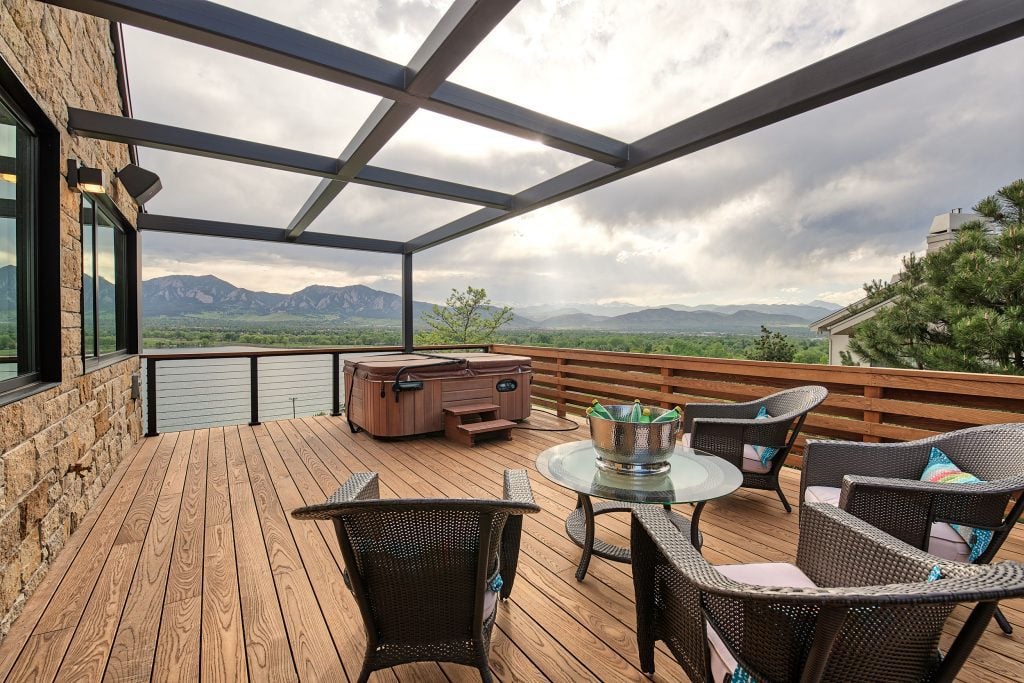
Thermally modified wood undergoes a special heat treatment that enhances its durability and resistance to rot. This process changes the cellular structure of the wood, reducing its moisture content and making it less susceptible to decay and insect damage.
Thermally modified woods, such as Southern Yellow Pine and Ash, offer a sustainable, environmentally friendly alternative to tropical hardwoods. The thermal modification process can make even typically rot-prone species highly resistant to decay, making it an excellent option for those seeking durability with a lighter environmental footprint.
Conclusion
Choosing a wood that naturally resists rot can ensure your outdoor projects last for decades. Whether you prefer the dense strength of Ipe or the eco-friendly qualities of thermally modified wood, these eight wood species offer excellent protection against the elements, making them ideal choices for long-lasting outdoor structures.
If you’re ready to start your next project, consider these woods for their natural durability and stunning aesthetic. You can buy these 8 rot resistant wood species directly from AdvantageLumber.com and have them shipped direct to your home.